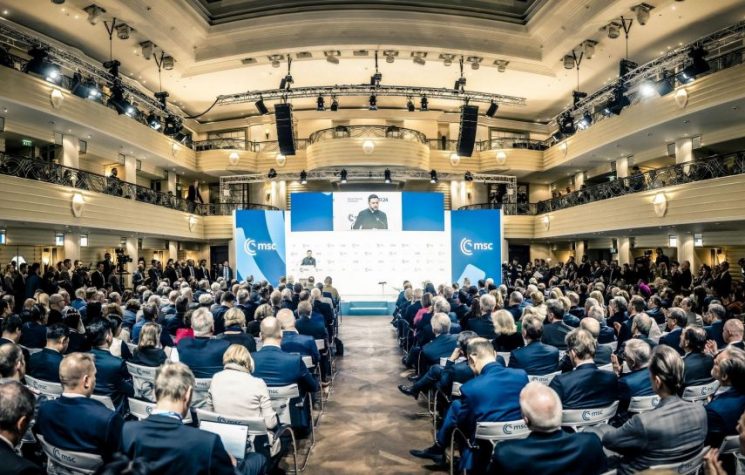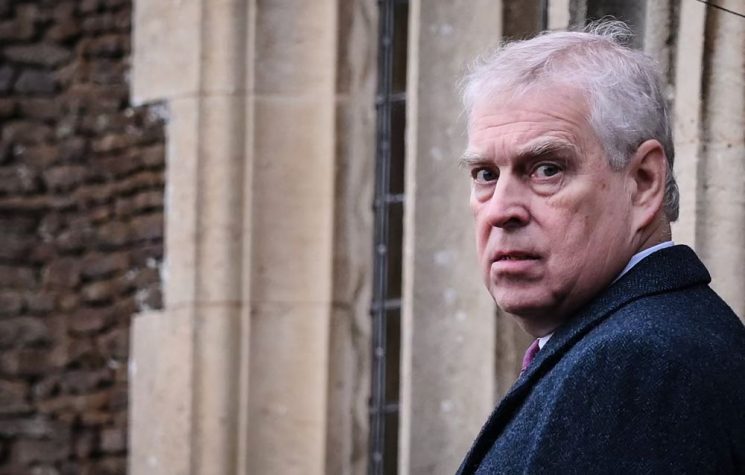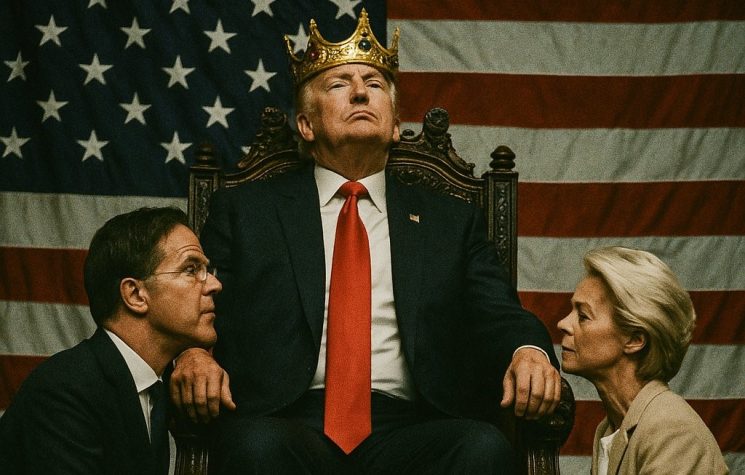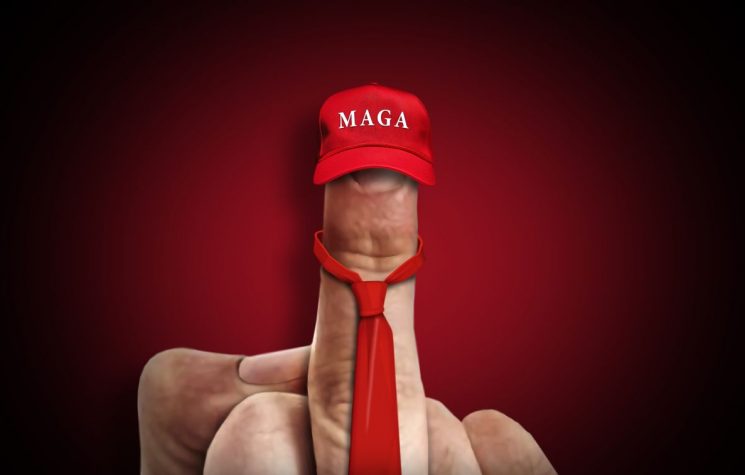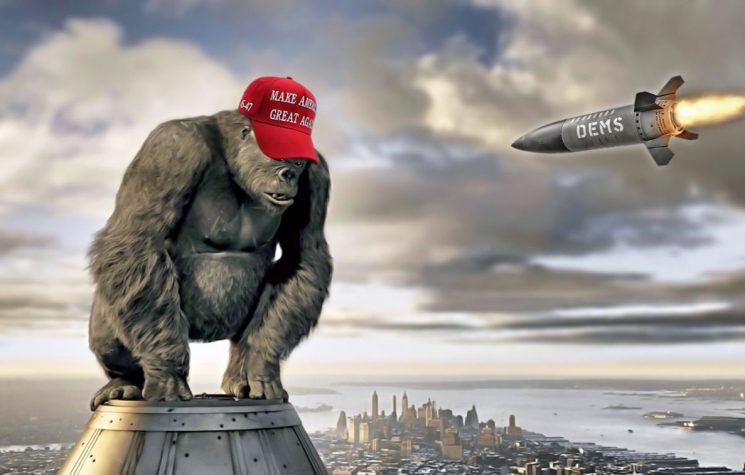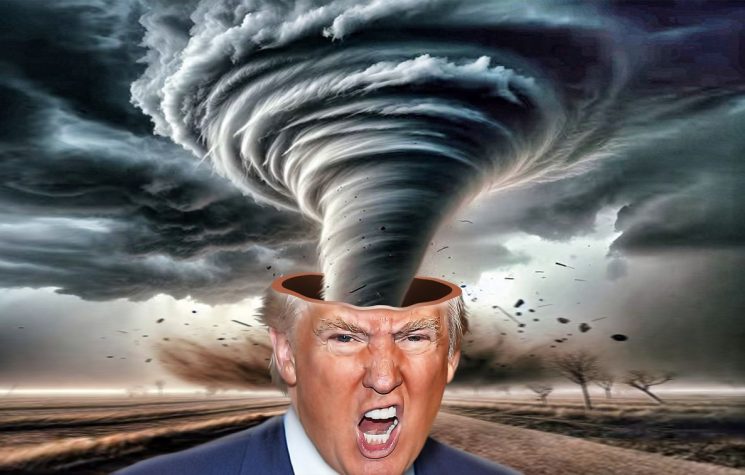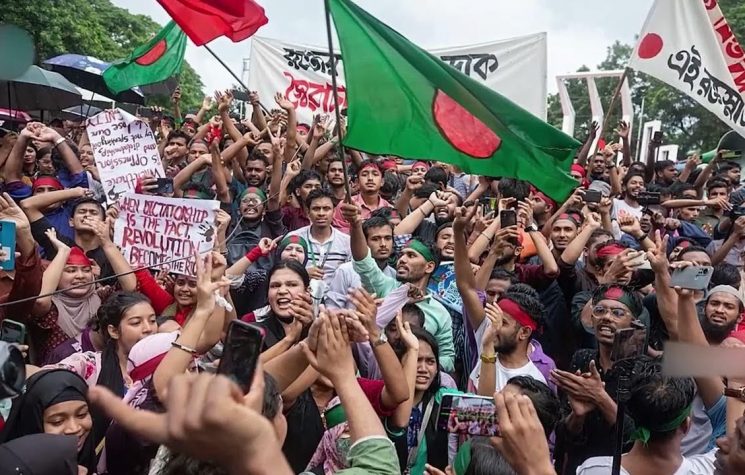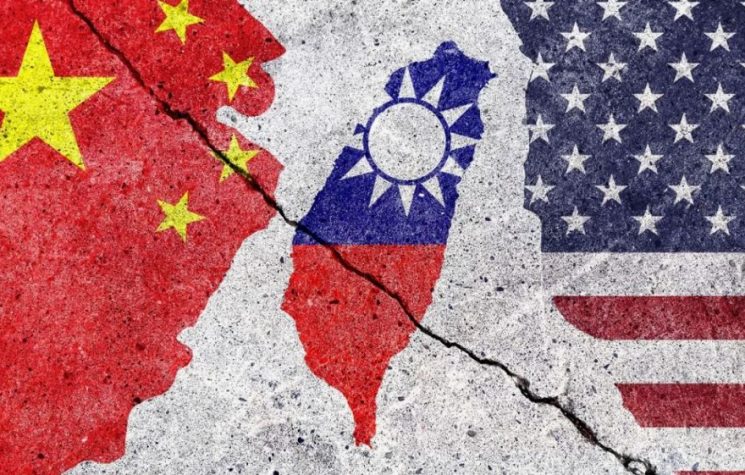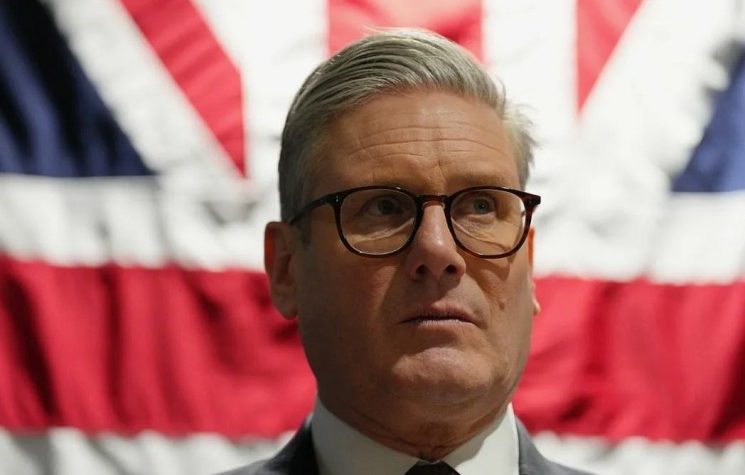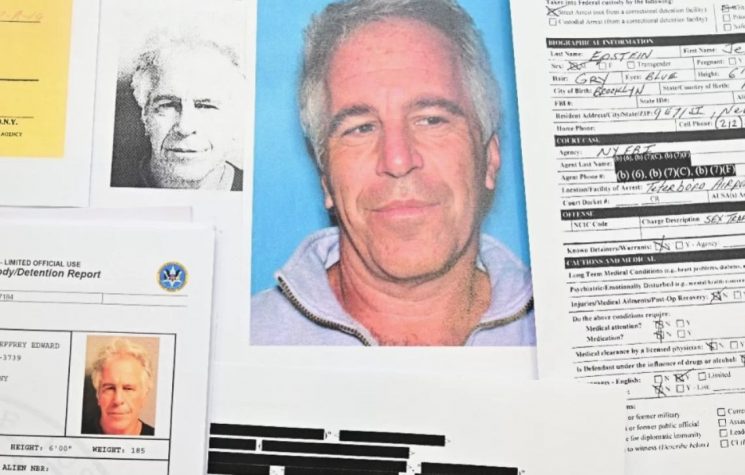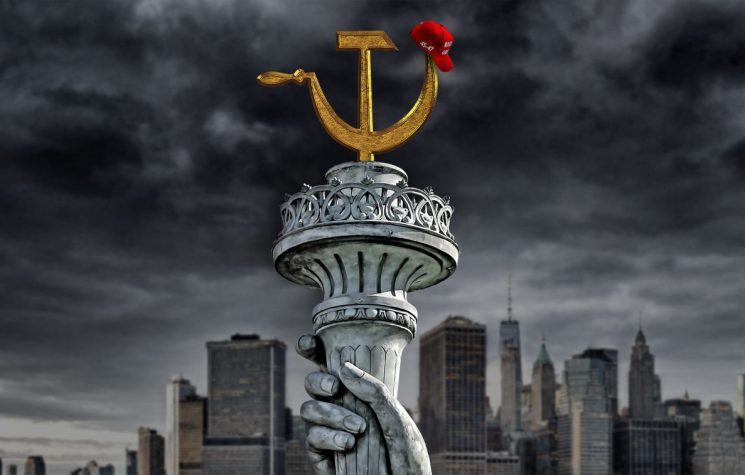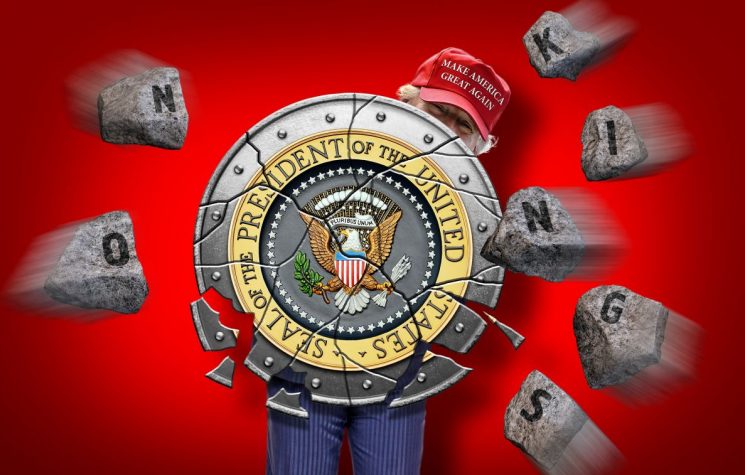Despite his “democratic socialist” platform, Mamdani’s strongest support did not come from low-income groups – but from higher-income voters.
Join us on Telegram![]() , Twitter
, Twitter![]() , and VK
, and VK![]() .
.
Contact us: info@strategic-culture.su
For the first time in U.S. history, the nation’s largest city – New York – has elected a Muslim and a South Asian mayor. “Democratic socialist” Zohran Mamdani rapidly became a nationally recognized figure following his election victory.
Born in Uganda to a Shiite Muslim family of Indian origin, Mamdani moved to New York at age seven. He attended the Bronx High School of Science and later graduated from Bowdoin College with a degree in Africana Studies.
The son of a filmmaker mother and a renowned academic father specializing in international relations and anthropology, Mamdani is a 34-year-old energetic newcomer whose “Muslim, socialist, immigrant” identity positions him as the exact opposite of U.S. President Donald Trump and the MAGA ideology.
Throughout his campaign, Mamdani advocated for rent caps (Good Cause Eviction Act), reallocating part of the NYPD budget toward housing and social services, treating homelessness as a social crisis, and expanding public housing projects with state funding.
He also became one of the first members of the New York State Assembly to call for a ceasefire in Palestine, and alongside Congresswoman Alexandria Ocasio-Cortez, endorsed the “Stop Sending Weapons to Israel Act.”
“Safety begins not with policing, but with housing,” Mamdani said. “Living in New York should not be a privilege – it should be a right,” winning the support of voters particularly sensitive to issues of social justice.
Who voted for Mamdani?
Despite his “democratic socialist” platform and community-oriented rhetoric, Mamdani’s strongest support did not come from low-income groups – but from higher-income voters.
According to data, the largest share of Mamdani’s vote came from those earning more than $100,000 annually. His vote distribution: 48% from high-income voters, 44% from low-income voters, and 36% from middle-income voters.
In other words, Mamdani was elected by a coalition of liberal identity politics: highly educated, cosmopolitan, economically secure urban upper- and upper-middle-class voters – above all, people who hate Donald Trump.
“Socialism” – but in what form?
Mamdani’s proposals aim less to transform the system than to repair it. Freeze rent increases, make public transport more affordable, expand childcare support…
Of course, no one expects Mamdani to build socialism in the heart of the United States or to “burn the ships.” Yet his ideological positioning – combined with his rhetoric – makes the phrase “socialism won in New York” sound rather bold.
His ethnic voter distribution also reveals political realities: Mamdani won 59% of the Asian vote, 48% of the Black vote, and 45% of the Hispanic vote – compared to just 37% of the white vote.
Support from the wealthy
Economically, too, the breakdown is telling. Mamdani received support not only from low-income communities but also from affluent Brooklyn neighborhoods lined with brownstone townhouses. These voters did not support him because of economic self-interest – rather, they aligned with the values he symbolized.
Whether Mamdani can deliver on his promises remains unclear. Legislative procedures, budgetary limits, and local power dynamics will constrain him. His proposals – housing, transportation, shelter – are “improvements,” not a systemic overhaul. Still, these are rights won historically through socialist struggle.
Where socialism emerges not from class struggle but from the conscience of the upper middle class, such reforms inevitably remain partial.
Nevertheless, even these modest proposals were enough to make Mamdani the target of Trump and Republicans.
Trump threatened to sharply cut federal funding if Mamdani became mayor:
“If the communist candidate Mamdani wins the New York mayoral election, I will provide very minimal federal funds – if any. Under communist leadership, the chances of this once-great city succeeding, or even surviving, are zero!”
Mamdani responded in his victory speech:
“If there is a way to frighten a despot, it is to remove the conditions that allow him to thrive. Trump, I know you’re watching – turn the volume up.”
He further denounced “the corrupt system that enables billionaires like Trump to evade taxes and benefit from tax loopholes,” adding:
“New York was built by immigrants, and as of tonight, it will continue to be run by immigrants. So listen, President Trump – if you want to get to one of us, you’ll have to get through all of us.”
Shortly afterward, Mamdani became a target of MAGA media and Fox News. He was accused of being a “communist,” and commentators warned that he would “turn New York into Havana.”
Still, ultimately, ‘American’
However, on foreign policy, Mamdani remains relatively aligned with mainstream U.S. views. On a podcast, when initially hesitant to comment on Cuba and Venezuela, he later said:
“I believe both Nicolás Maduro and Miguel Díaz-Canel are dictators. Their governments have blocked free and fair elections, imprisoned political opponents, and silenced independent media.
Yet our federal government’s long history of punitive policies – and the decades-long blockade against Cuba – has only made conditions worse.”
Mamdani does not have to be a “socialist” in the ideological sense. He is a political figure offering concrete promises and hope – defending housing, fairness, and the right to live in the city.
But his rise cannot be explained by his program alone. His election is directly linked to the deepening polarization under Trump’s second presidency – and the desire of highly educated, urban voters threatened by MAGA politics to find a new champion.
Mamdani, who has become a symbol of hope for the urban upper-middle class reacting to Trump’s new political order, might – in this sense – be called a new “American hero” created by Trump himself.











